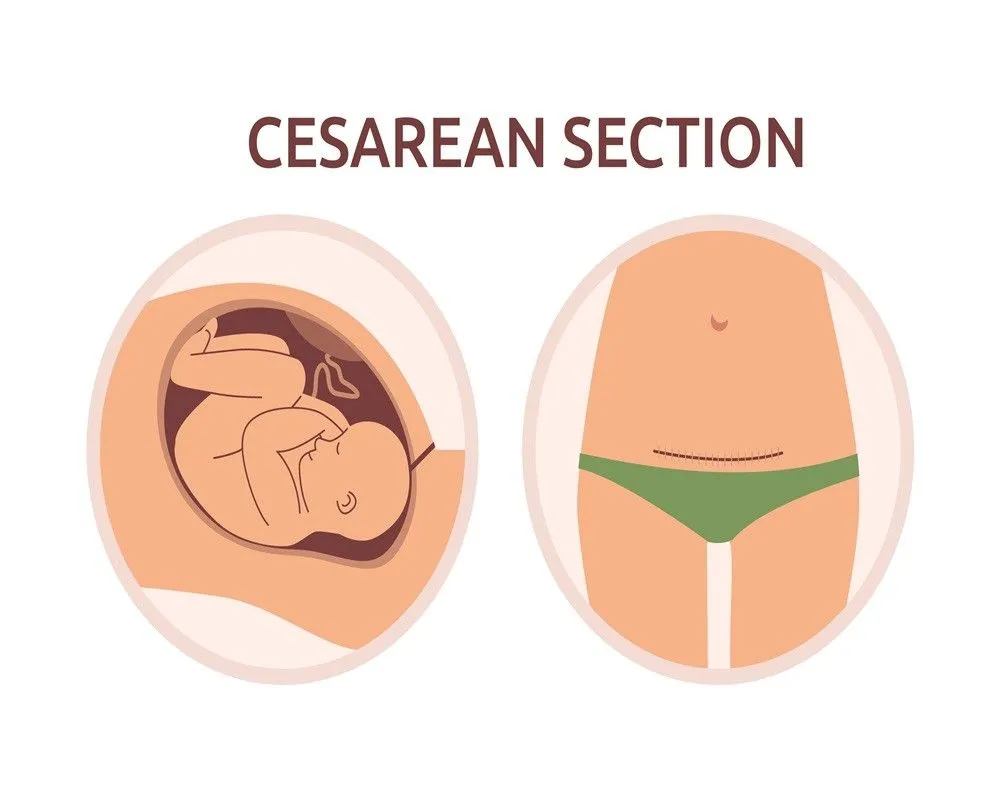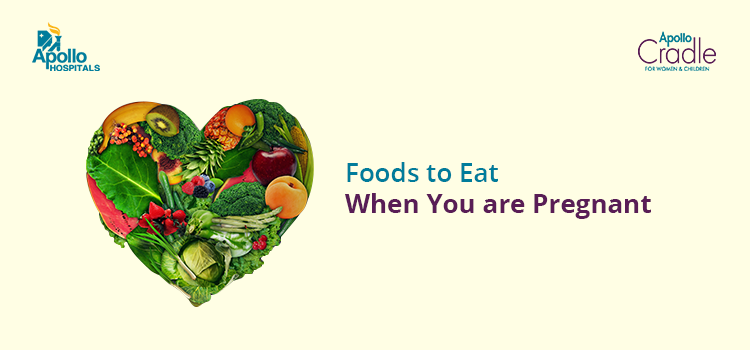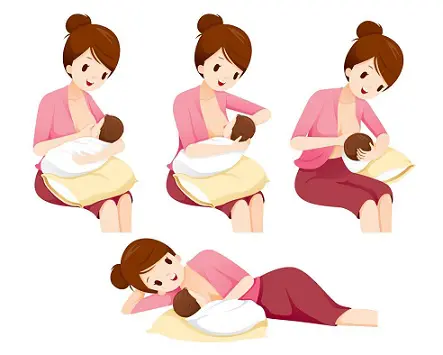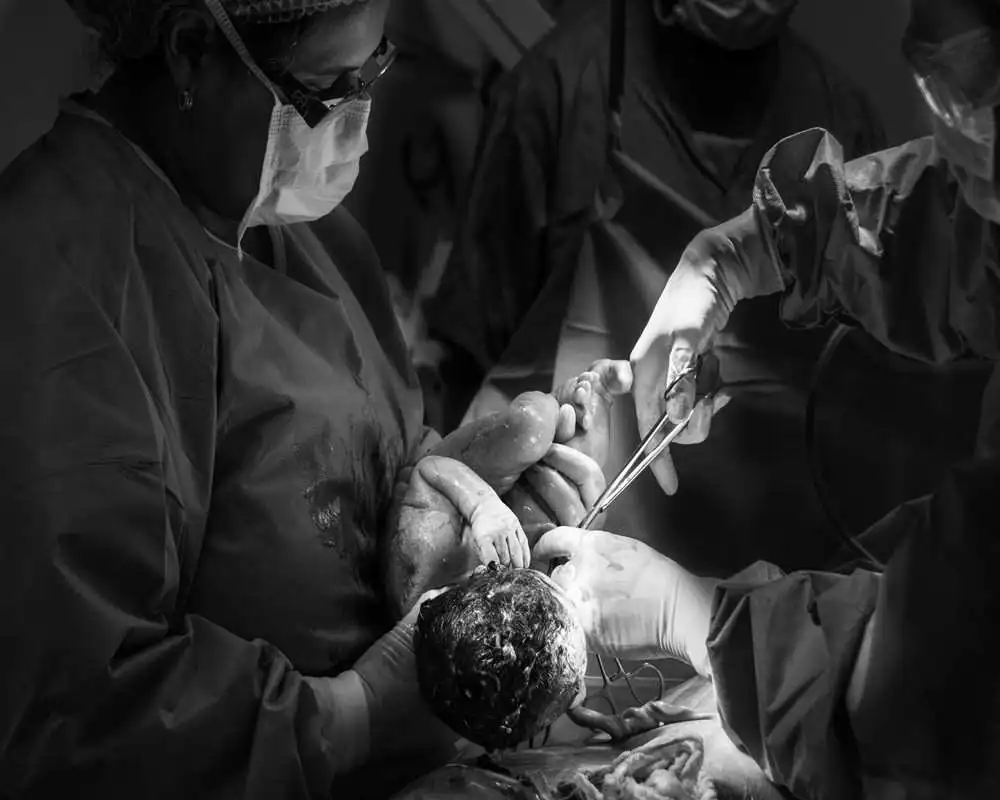Maternity

Understanding C-Section Recovery: Timeline, Risks, and What to Expect
January 19, 2026Understanding C-...

Working while Pregnant? What’s the best way through?
July 17, 2023“Oh wow! You’re pregnant! You should put up your fee...

Foods to Eat When You are Pregnant
April 17, 2019‘You’re eating for two’ is a statement that every ...

How Breastfeeding Can Help Soothe C-Section Pain
September 8, 2018Recovering from birth is never easy. It&r...

Testimonial – Breastfeeding the best gift for my child
August 3, 2018I delivered my first child at Apo...

Five effective ways for new mothers to balance work and family life
April 10, 2017Are you a new mother? Finding it difficul...

Breastfeeding as a method of contraception
January 18, 2017Most women who recently delivered a baby use breastfeeding as a meth...

Tips of breastfeeding for new moms
January 18, 2017Breastfeeding is an important topic for every new mom. Your body wil...

Role of pre-marital counselling
January 13, 2017Marriage is an important event of life. It is an untraversed path fo...
Pregnancy Calculator






